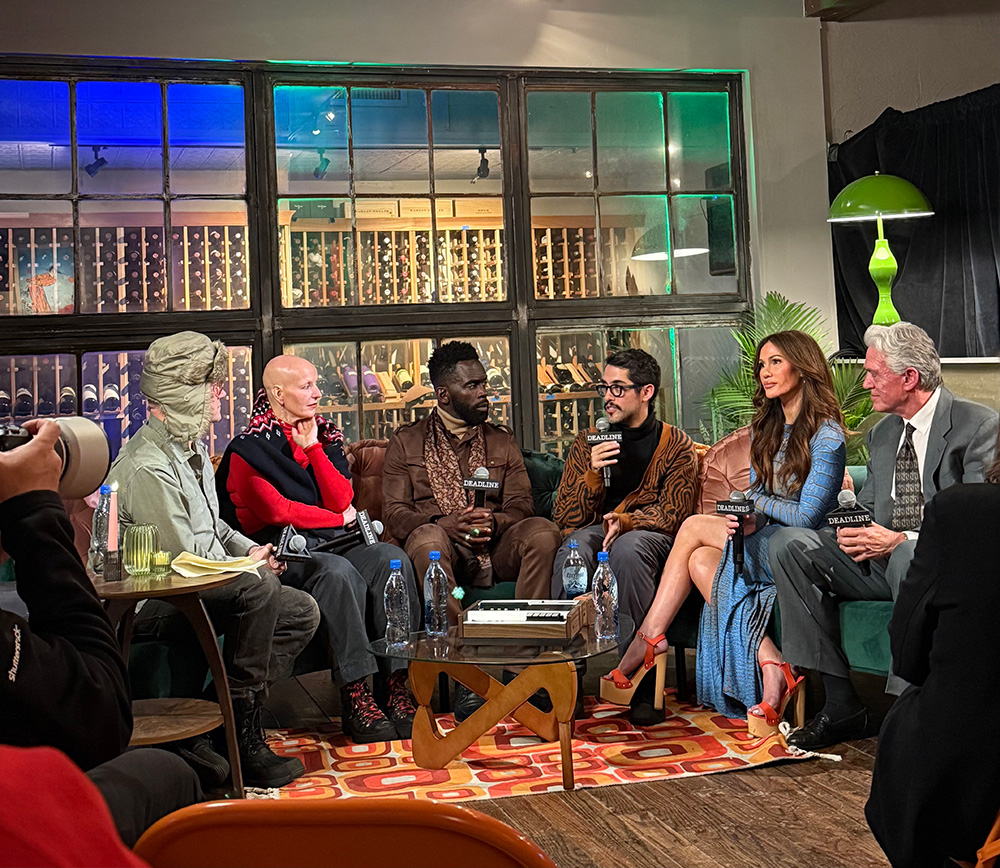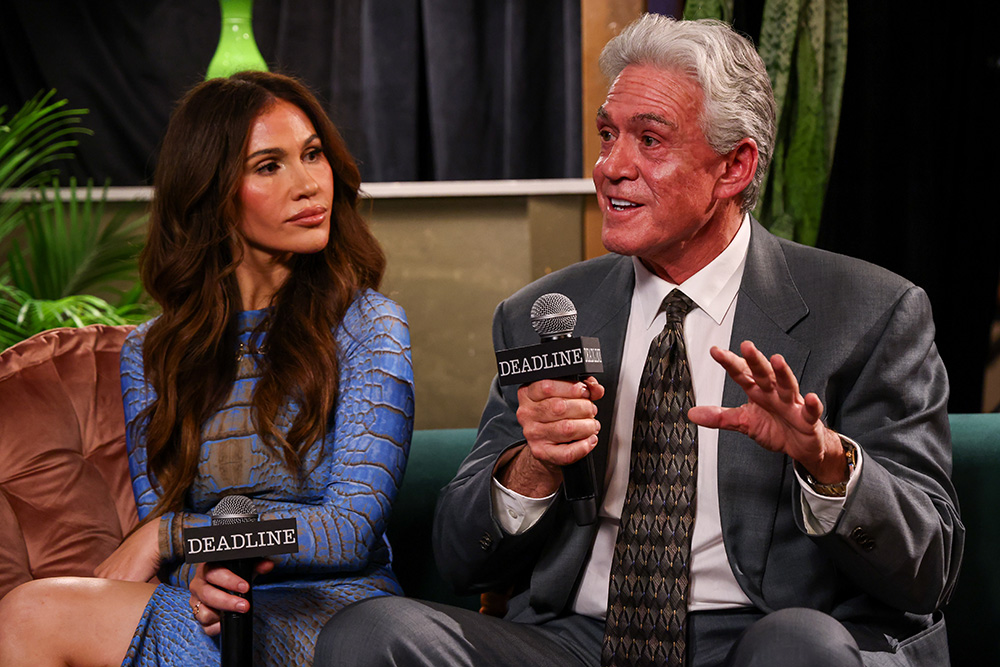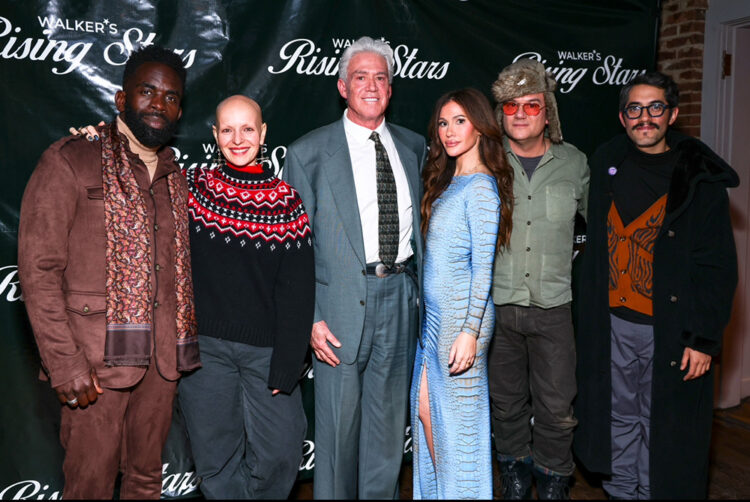The Sundance Film Festival is known for showcasing groundbreaking stories, but this year, the real transformation took place off-screen. Dr. Jeff Walker, founder of Walker’s Rising Stars, took the stage at a packed panel in Park City to announce a national expansion of his long-standing arts scholarship program. What began in St. Petersburg, Florida, as a local initiative to support young artists is now poised to reach aspiring talents across the country, providing life-changing opportunities in the arts.
A Legacy of Empowerment Through the Arts
Walker’s Rising Stars has spent two decades nurturing young artists, and with this expansion, the program aims to make an even greater impact. Offering scholarships ranging from $1,000 to $10,000, the initiative supports students in categories such as singing, dance, theater, musical instruments, and visual arts. But for Walker, the program is about more than just financial aid—it’s about fostering resilience, creativity, and community.
“This program has the power to change lives,” Walker emphasized. “It’s not just about the scholarships; it’s about confidence, mentorship, and opening doors for young artists who might not otherwise have access to these opportunities.”
The national rollout aims to recruit 1,000 sponsors who will mentor and support emerging artists. Walker envisions regional competitions leading to a televised national showcase, a move designed to raise awareness and funding for the initiative. “It’s going to take a lot of money, but I believe in the mission and the kids who will make this happen,” he said.

Kimberly Cole’s Call to Inspire and Support
Joining Walker in the discussion was singer, songwriter, and documentary filmmaker Kimberly Cole, who has dedicated her career to mentoring young artists. As the director of the upcoming documentary Blood, Sweat & Wheels, Cole understands firsthand the challenges faced by creatives pursuing unconventional career paths.
“It’s my mission to support, mentor, and inspire our youth—to help them feel seen, understood, and accepted,” Cole shared. “As a sensitive child, I turned to art as a way to process the world, and I want to help normalize a career in the arts—not just from a financial standpoint, but also in terms of emotional and mental well-being.”
Her words resonated deeply with the audience, highlighting the crucial role of both financial investment and emotional support in fostering talent within the creative industry. She emphasized that while funding provides artists with the tools and opportunities to bring their visions to life, emotional guidance nurtures resilience, confidence, and the ability to navigate challenges. Cole’s vision aligns seamlessly with Walker’s, reinforcing the program’s broader mission of establishing a sustainable support system for emerging artists. By combining financial resources with mentorship, networking opportunities, and emotional encouragement, the program aims to create an ecosystem where young artists can thrive, innovate, and pursue their passions without the fear of instability or lack of guidance. This holistic approach ensures that creativity is not only nurtured but also sustained, allowing the next generation of artists to make a lasting impact in their fields.

Industry Leaders Bridge the Gap for Emerging Talent
Walker and Cole were joined by an impressive lineup of industry heavyweights, including Raya and the Last Dragon co-director Carlos López Estrada, Introducing, Selma Blair director Rachel Fleit, and Bel-Air actor Jimmy Akingbola. Each panelist spoke about the importance of mentorship and access to resources for underrepresented creatives.
López Estrada, who co-founded Antigravity Academy to help young people explore careers in the arts, highlighted the need to create clear pathways for aspiring filmmakers. “We’re just trying to fill the gaps so that someone who may not believe there’s a place for them in this industry can see the possibilities ahead,” he explained.
Fleit echoed this sentiment, referencing her latest film Sugar Babies, which follows young women striving for a better future. “If they only knew about programs like this, it could change everything,” she said, emphasizing the importance of accessibility to arts education and funding.
Akingbola, known for his roles in Arrow and Ted Lasso, reinforced the panel’s central theme of resilience and opportunity. “Every one of us here is part of a bridge,” he noted. “We have to make sure the next generation has the tools and support to succeed.”
The Future of Walker’s Rising Stars: From Local Success to National Impact
Walker’s plan for the program’s growth is ambitious but strategic. By securing financial backing, expanding regionally, and eventually launching a nationally televised competition, he hopes to establish a long-term framework for funding and mentorship. The program operates independently, without reliance on substantial corporate funding. However, dedicated members like Cole and Lopez take great pride in their achievements. They remain deeply committed to their mission of providing essential resources to young individuals and illuminating pathways to brighter futures.
“We need heroes who believe in these kids and this mission,” Walker urged. “With the right support, we can ensure that talent, passion, and dedication—not financial limitations—determine a young artist’s future.”
Kimberly Cole reinforced the importance of programs like Walker’s, particularly for young creatives who often struggle to gain recognition. “These people are doing this for nothing other than the love of something,” she said.
With the combined efforts of Walker, Cole, and industry leaders, Walker’s Rising Stars is on track to become a national force in arts education, providing aspiring artists with the support, mentorship, and visibility they need to thrive. At a time when arts programs are increasingly sidelined in favor of athletics, science, and other activities—leaving 55% of school districts in the U.S. without functional arts programs—Dr. Walker is taking a bold and decisive lead in driving change. His efforts not only highlight the vital role of the arts in education but also set a new standard for advocacy and investment in creative development. “Supporting the arts for our youthful generations to come requires moving the needle to inspire change at a time when we need it most.” Walker adjured. “I’m not doing this charity for me, I’m not doing this charity for my kids. I’m doing this charity for your kids.”
To learn more about the program and how to get involved, visit Walker’s Rising Stars.













